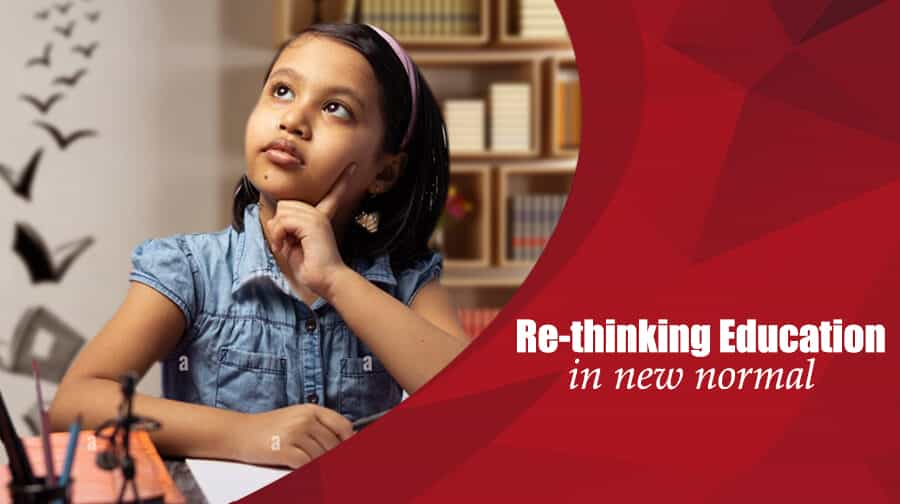The challenging circumstances in the past 3 years, or precisely 2.5, have compelled us, as educators, to question whether the job of an educator has changed after observing the specifics of the discussions during the pandemic.
Here are a few questions that probably all of us have tried to discern over these last couple of years:
- Do instructors need to get to a new level in order to fully integrate technology into the classroom?
- Will future instructors require a virtual switch to transition between the virtual learning environments and traditional classroom settings?
- How can management support a teacher’s capacity building?
- We have a variety of quotients in education, including quotients for general intelligence, quotients for emotional intelligence and for cultural intelligence, too. What will the teacher need to learn in order to safeguard the mental health of their students? What will be the fundamental requirement for a teacher to include that quotient into regular learning?
- Is there truly something we can’t learn?
- How can we both study and foster lifelong learners at the same time?
We, as teachers, have the responsibility of instilling cross-curricular development, lesson plans, and part completion, as well as training instructors and monitoring the smallest elements of activities and project inculcations.
How do we become lifelong learners?
We frequently hear the terms ‘lifelong learners’ and ‘lifelong learnings’ within the education community. So, do we genuinely consider ourselves lifelong learners or what we truly need to be is facilitators in order to be lifelong learners? We must ask ourselves this paramount question.
As a crucial consequence of the pandemic, we have been obliged to learn and relearn a great deal, and as we usually perceive it, it’s been more advantageous than detrimental. As we know it, India’s educational landscape transformed overnight, and for this, the pandemic can rightfully be considered a catalyst.
But the larger question remains. While most of us have come to accept the new normal today, have we truly embraced it?
The training that we receive, as educators, covers a wide range of topics, including technological tools, various assessment methods, interpretations of learning outcomes, strategies of making lesson plans student-friendly with the integration of technology, among others.
The onset of the pandemic also saw online counselling skyrocket (an interaction that usually happens when students are travelling abroad to pursue a career or higher education).
As educators, we, therefore, wish to accept this obligation to transmit as much as we can to our students. Even before finding a means to execute this, the new NEP brought during the pandemic caused a stir, apprehensions and hostility. As teachers, we struggle with change and anticipate that kids would immediately excel at any changes they face.
However, the key issue at hand right now is whether or not educators are psychologically prepared to unlearn what we have previously learned in order to become lifelong learners and serve as role models for future generations.
How many of us have altered our teaching methods?
How many of us are able to use 10% of the technologies at our disposal?
How many of us have modified our planning-lesson routines to reflect the new norm?
Let’s not forget, as William Arthur Ward once stated, “The moderate teacher tells,” as educators. A skilled instructor explains. The best instructor gives demonstrations. The outstanding instructor inspires.
Always keep asking yourself – So, what did I do as a teacher to inspire? “How can I be a lifelong learner while also helping students become one?”
Jigna Khoyani
Principal, Radcliffe Group of Schools
Taloja (Navi Mumbai)




